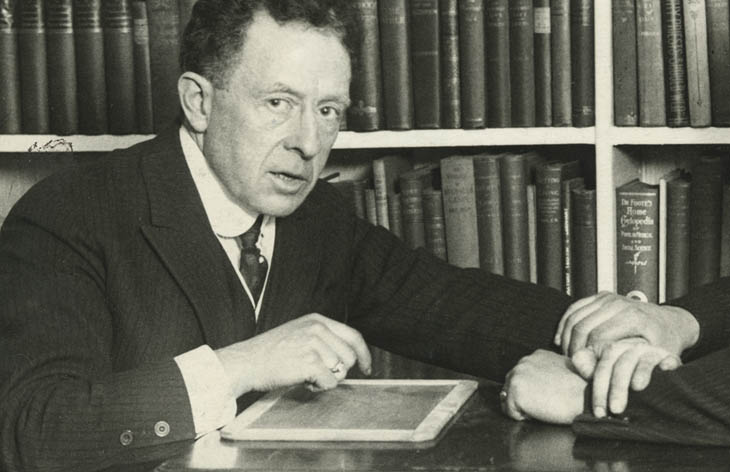This (lightly edited) article was originally published at the defunct Insight blog at Skeptic.com on Sept 28, 2014. An archived version is available here.
Thomas Ady was an English doctor and critical exposer of both persecutions for alleged witchcraft and the type of faux-paranormal scams, such as fortunetelling, that sometimes led to witchcraft trials. He was especially critical of the use of torture (including sleep deprivation1) in those trials. But some victims of witch trials confessed without coercion. Ady reflected on those poor souls as follows in his 1655 treatise, A Candle in the Dark:
Some indeed have in a melancholly distraction of minde confessed voluntarily, yea and accused themselves to bee Witches, that could do, and had done such strange things, and wonders by the help of the Devil; but mark well their distemper, and you shall finde that they are deeply gone by infirmity of body affecting the minde, whereby they conceit such things as never were, or can be, as is often proved by experience among Physicians, many of those dying in a very short time, (although they be not put to death) except they be cured by the Physician; and truly if such Doctrins had not been taught to such people formerly, their melancholly distempers had not had any such objects to work upon, but who shall at last answer for their confession, but they that have infected the mindes of common people with such devillish doctrins, whereby some are instigated to accuse their poor Neighbours of impossibilities contrary to the Scriptures, and some drawn to confess lyes, and impossibilities contrary to Christian light?2
